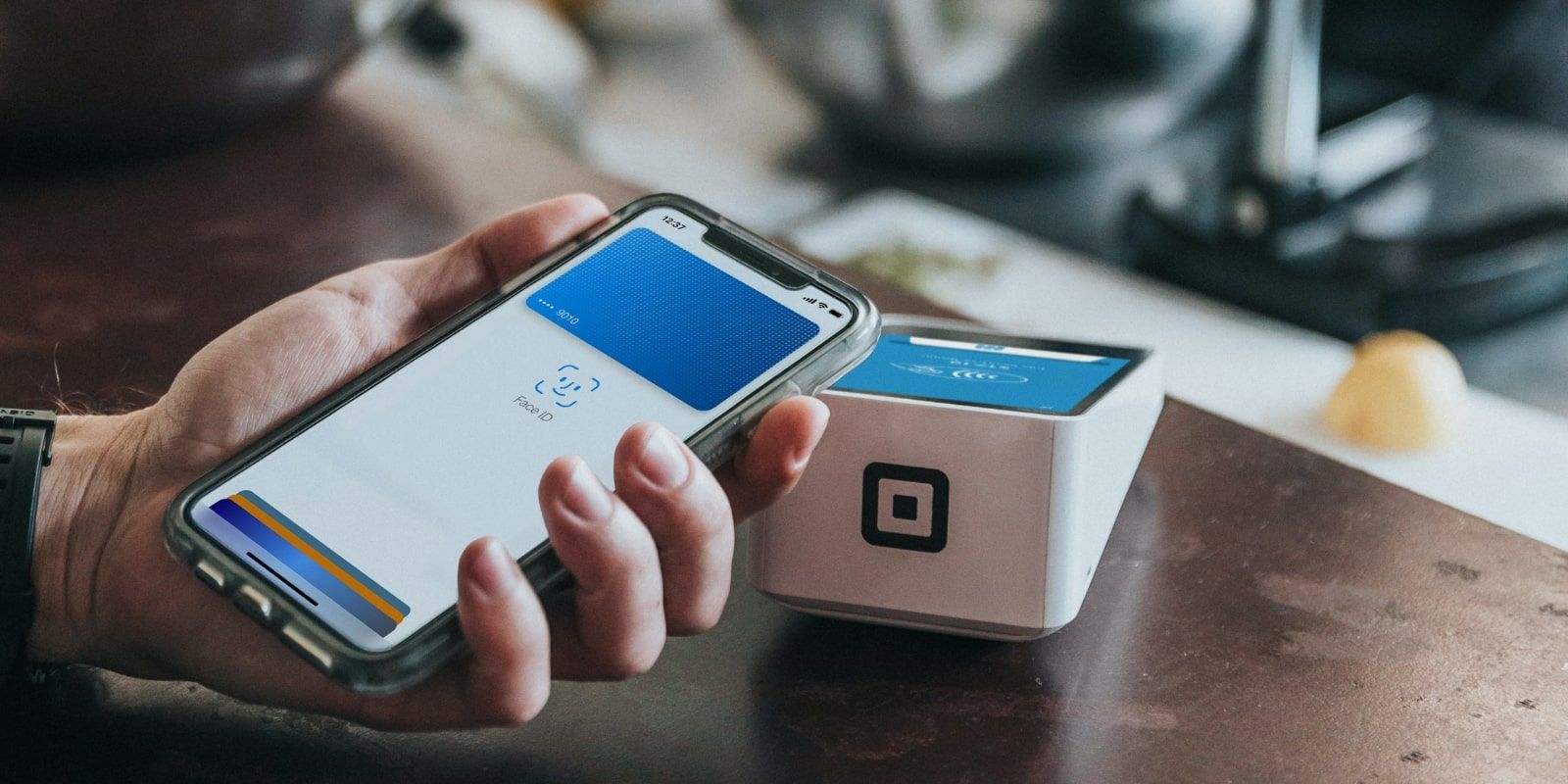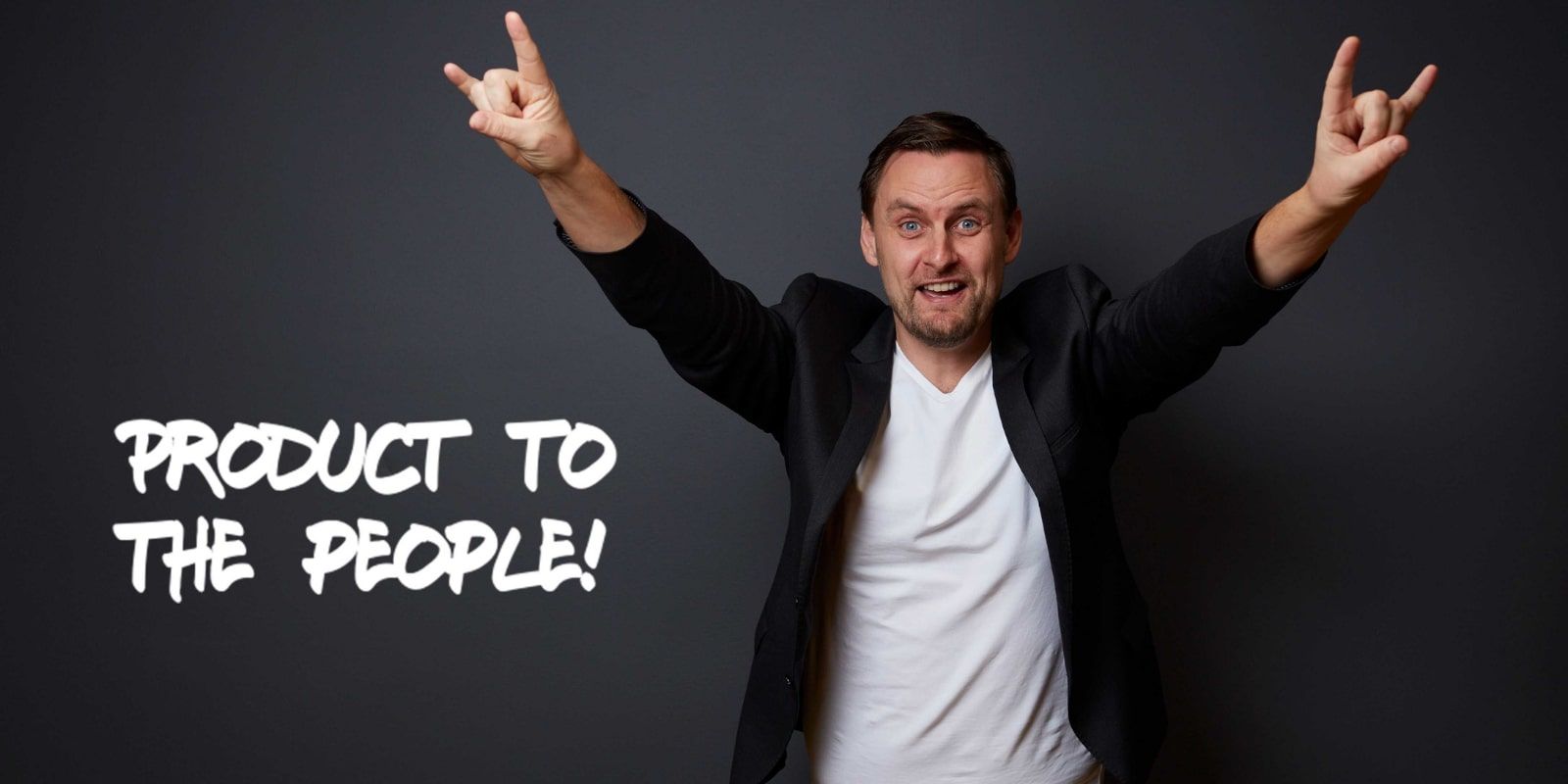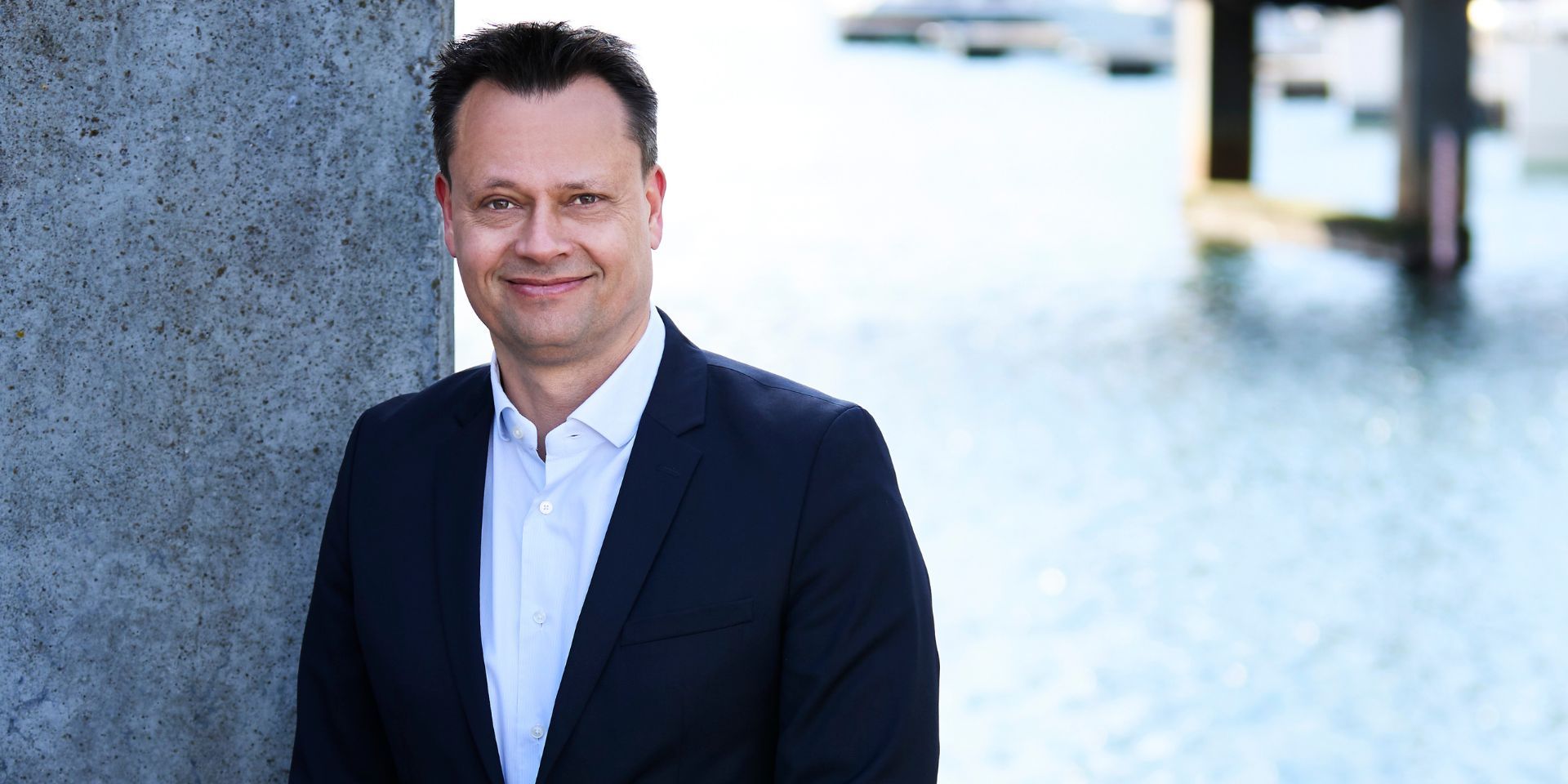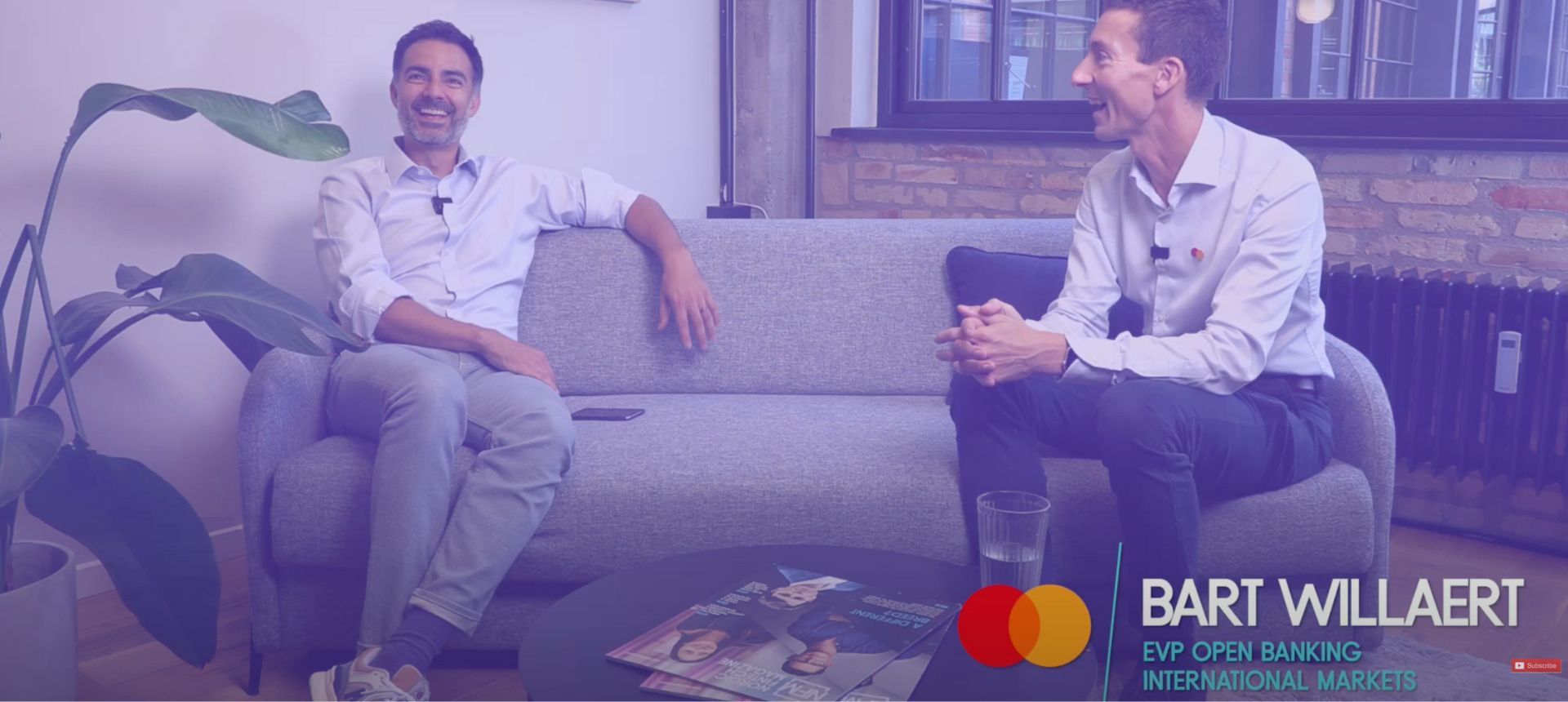
Build products on people not pipe dreams - Part 2
December 14, 2020 | News
In Part 1 of our two-part series, Nordic API Gateway CEO Rune Mai spoke to the hosts of podcast Fintechpodden about building services that actually work, the recent launch of Nordic API Gateway's fast-track open banking platform Aiia and evolving from open banking to open finance. In Part 2 of our series, Rune discusses the future of credit cards, how to win the customer/interface relationship, what European banks can learn from their global counterparts and why you can't build products on lofty ideas alone.
Cards could end up outcompeting themselves
The recent COVID-19 pandemic has left little to the imagination in terms of the payments landscape being transformed in a number of respects: From the way it's been positioned by its providers and its new value-added propositions to the nature and range of the providers themselves. Couple that with the aspirations of "emerging players" - online payment providers, virtual marketplaces, social networks and others in the payments area - and you can see why the launch of the PSD2 directive may have marked the beginning of the end for physical credit cards.
"You don't carry around a wallet anymore; you carry a phone. And if you add your credit cards to your phone, you can't see the 16-digit number. So you have to remember that along with the card's expiration date and CVC code when buying something online," explains Rune. “But logging in to your bank account is a very quick and easy procedure; you've done it a thousand times before. And, perhaps most importantly, it's traceless.”

Where credit card payments often leave tokens behind and too many payment details stored online to be stolen, PSD2 can provide more secure, traceless open banking payment options with high levels of convenience, such as facial ID payments. For these reasons and more, many major card providers, such as Visa and MasterCard, are moving toward virtual or digital cards.
Winning the customer/interface relationship
Banks fear becoming irrelevant, so many still hold on to the idea of having physical branches as a form of concierge convenience for customers. But, according to Rune, branches are a thing of the past. He believes that banks that try to defend against the influence of open banking will lose; it has to be about seizing the opportunities. So banks that are at the forefront of the open banking movement are powering up to see who can “win the interface” - in other words, who can build the more superior customer experience.
"That's where Nordic API Gateway's Enterprise Data service can help; it's a service that acts as a total data processor," offers Rune. "Data is never stored, just transferred from point A to point B and then deleted afterwards." This gives banks the upper hand in terms of delivering security and compliance to the benefit of consumers everywhere. Along with Enterprise Payments, which allows users to skip expensive fees and initiate instant account-to-account payments to anywhere from anywhere with one simple integration, Rune sees winning the customer/interface relationship as something that will involve building more infrastructure products instead of something that’s tightly woven into your own technologies.

"It doesn't have to be brandless; it doesn't mean the bank has to become a commodity that can be exchanged with another bank. Banks are afraid that everyone is just price comparing and that they have no influence on the customer, but that's not true," he says. "What banks should be doing is engaging with me through a channel I rely on and love already to offer me incentives, deals and even tailored loans based on my spending habits through PFM apps. It’s not about fighting; it’s about supporting."
Products for people, not for ego
Other economies around the world, such as in Australia and parts of Asia, are much more open API-based economies and, because of this, Rune believes European banks can learn a lot from them. "If you want to create something that’s truly great, you’ll still have to acknowledge that not all your users will become customers," he admits. "It’s ok to invest in tech and platforms that'll help people who don’t even consume your products ... because one day they might."
It's a future focus of Nordic API Gateway to one day serve as a pioneering provider for the Europe/Asia API connection. But stretching too far too fast ends up stretching too thin in most, if not all, cases. Rune likens it to building a city that nobody lives in for a long time. "All of a sudden people move in and the pipes burst because they’re all rusty; no one has maintained them," he illustrates. "You have to have people using your products to have them working properly. We always want to build with people. That’s why we go deep with our coverage instead of just going as wide as possible."

In the end, it’s all about understanding the basic needs of people and building products driven by them and not ego. It’s all about fostering a culture of listening. The company culture that focuses on listening to their users and turning them into loyal customers will win the day. "Take Brazilian challenger bank Nubank," Rune proposes. "Their beauty is that they’re actually improving lives dramatically in Latin America. It’s cool to see how fintechs or any company listens and then builds services that really matter to the well-being of people."
You can hear the entire podcast in the link below. If you're eager to explore ways you can expand to meet the demands of your customers, then drop us a line and let's get started. We're always looking for new talent and new opportunities to partner with.




